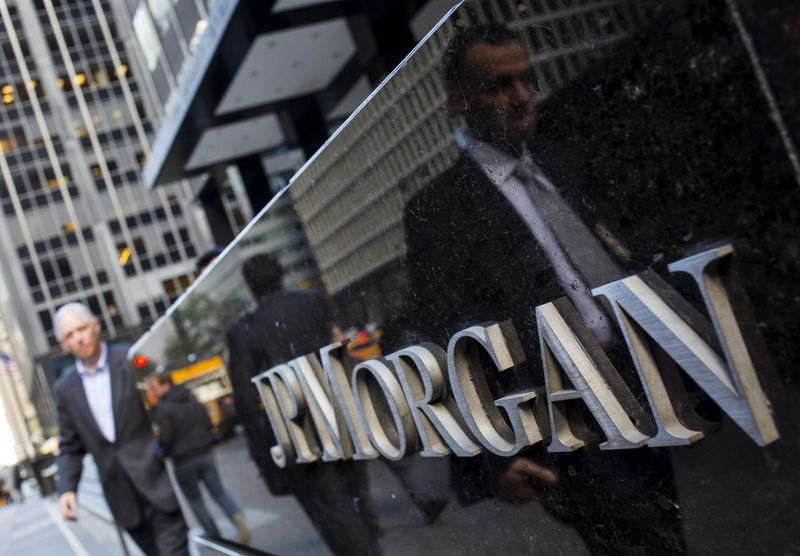By Vlad Schepkov
Shares of Acadia Pharmaceuticals (NASDAQ:ACAD) are recording heavy losses Tuesday morning – down as much as 29% in pre-market trading – following late Friday’s announcement of a negative FDA Advisory Committee (AdCom) vote over the efficacy of the company’s pimavanserin (marketed as NUPLAZID) drug for Alzheimer’s disease psychosis (ADP (NASDAQ:ADP)) indication.
The vote, called by JP Morgan’s Cory Kasimov “Nuplazid's potentially last high-risk / high-reward shot”, and generally considered Acadia’s key binary catalyst event brought an unsettling conclusion for the company - the panel decided 9 against 3 that evidence presented does not clearly demonstrate the drug’s efficacy.
Despite the stock’s vicious reaction, Kasimov believes the outcome “isn’t overly surprising”, given “the FDA's exclusive focus on efficacy and not the overall benefit /risk.” The analyst admits that Nuplazid’s chances to be approved for ADP are very slim, as the company has publicly stated its unwillingness to commit to another trial.
JP Morgan thus downgrades the stock to “Neutral” from “Outperform”, noting that “it will be difficult for ACAD to outperform our broader coverage universe.”
Gregory Renza of RBC (TSX:RY) Capital Markets maintains a more positive tone: admitting that “with the negative AdComm, we see increased likelihood of FDA rejection of the application in August” (pimavanserin in ADP has a PDUFA of August 22nd, 2022), he also believes “the stock implication is limited at current levels given a PDP floor.”
RBC Capital Markets cuts the price target to $26 from $32 but reiterates “Outperform” rating: “the set- up for ACAD still remains serviceable revenue generation from Nuplazid, optionality left for pimavanserin in Schizo-NS and a long-shot ADP, and the emergence of second drug, NDA-set trofinetide, as an added leg of growth.”
Shares of ACAD plummeted briefly to $11.86 – a lot not seen since mid-2013, before recouping some losses.
